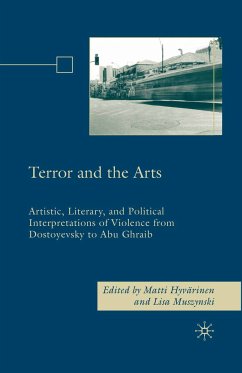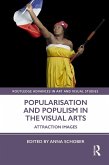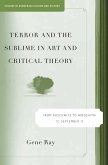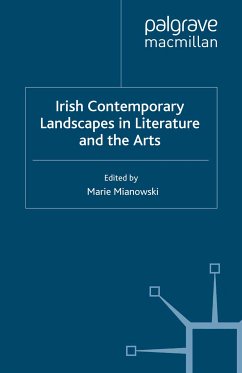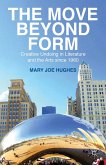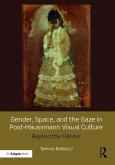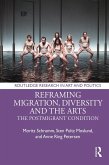Dieser Download kann aus rechtlichen Gründen nur mit Rechnungsadresse in A, B, BG, CY, CZ, D, DK, EW, E, FIN, F, GR, HR, H, IRL, I, LT, L, LR, M, NL, PL, P, R, S, SLO, SK ausgeliefert werden.
"Terror mobilizes the arts, visual and narrative, as well as their scholarly study. Not only, as can be expected, for the struggle against terrorism or for working through the trauma. In surveying the spaces between general human response to terror and defined political engagement, the insightful and often controversial chapters of this volume also raise more disconcerting questions: about complexities of judgment in the artistic processing of terror, about the possible competition between the arts and the acts that raise the threshold for subversion and shock, about the ways in which the arts can slide or be coerced into normalizing terror or furthering the issues promoted by terrorist groups or regimes, about the arts entrapment in the cultural circulation under the sign of terror, and about the ways in which the arts, politicized by terror, inevitably implicate their audience. The book opens new intellectual vistas, rejecting comfortable attitudes." - Leona Toker, Professor of English, The Hebrew University of Jerusalem
"How can cataclysmic traumas such as 9/11 or appalling spectacles such as Abu Ghraib be made the objects of art, and what political value might they have? By reading the arts politically, Terror and the Arts demonstrates with great clarity and insight the vitally important role of the arts in imaginatively working through the unspeakable violence of our age." - Mark Freeman, College of the Holy Cross and author of Rewriting the Self

